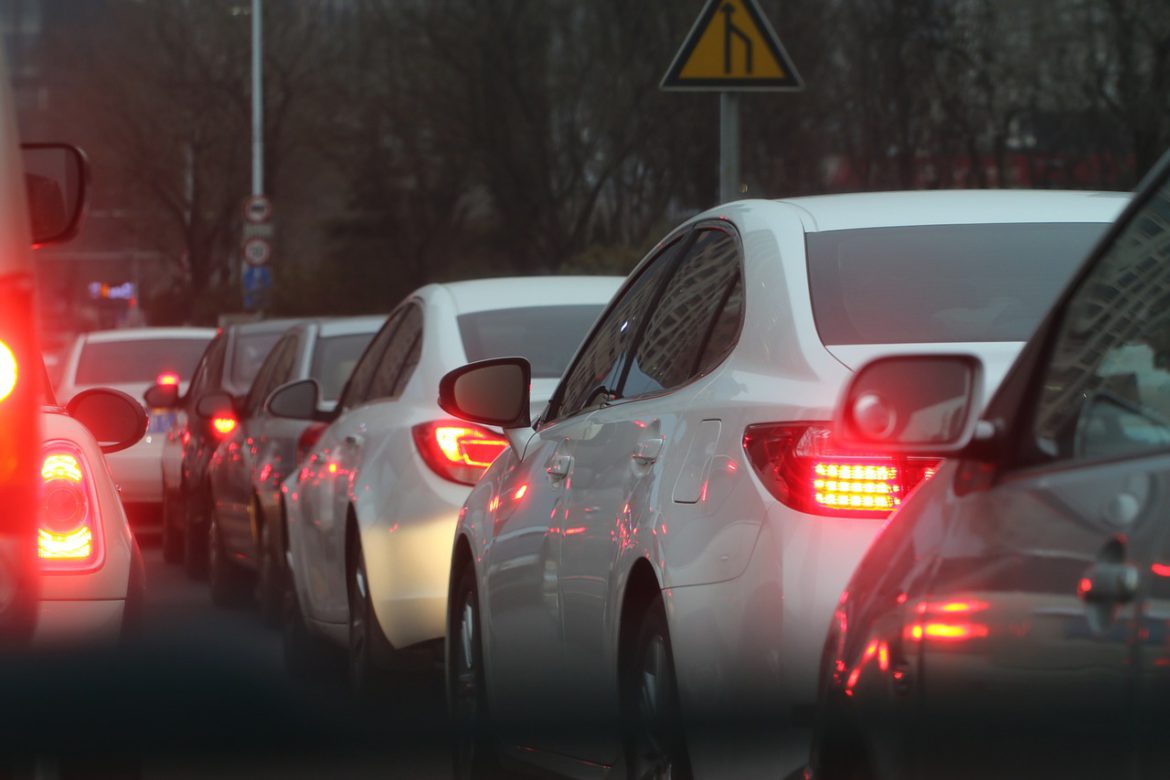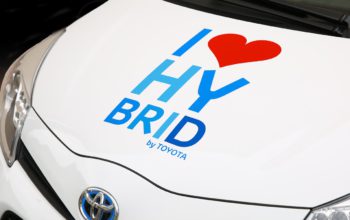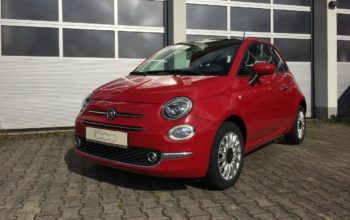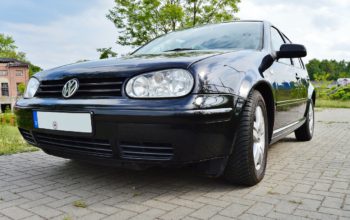Cars have always been interesting and most likely, always will be. There used to be two types of cars, those which ran on petrol and those which ran on diesel. Today, you have varieties of cars which run in a hybrid combination of petrol and electric, or cars which run on hydrogen or other types of gas, not to mention fully electric cars.
Today, going back to basics, let us look at petrol and diesel cars and the differences between the two.
Diesel Cars – Low RPM Torque, Fuel Economy and the Rumble
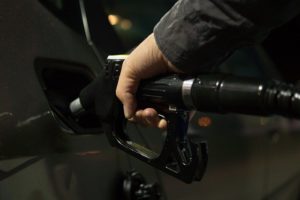
Diesel cars are by default noisier than petrol cars, but that is because the engines operate differently. Diesel as a fuel cannot be ignited with a match, so diesel cars are outfitted with high pressure pumps which put lots of pressure on the fuel so that it can be ignited. They are an essential part of a diesel car.
A diesel engine has pistons and valves just like a petrol engine, but they have direct fuel injection, at least the modern cars do. The fuel injectors have to be changed every so often because of carbonization.
Most diesel cars are outfitted with dual mass clutches, to dampen torsional vibration through the gearbox. Diesel cars are more efficient at low RPMs and have more torque in the lower range. They are the most economical choice for any vehicle that has to do towing, like tow trucks and semis in general.
Diesel as a fuel has worse emissions than petrol but in Europe, it is more frequently used because of its economy. You need less diesel than petrol to drive from point A to point B, more often than not.
Diesel engines most often have turbochargers, but as a necessity, to push as much air as possible, so that the engine can run smoothly.
Petrol Cars – Speed, Emissions, Higher RPMs and Various Engine Sizes
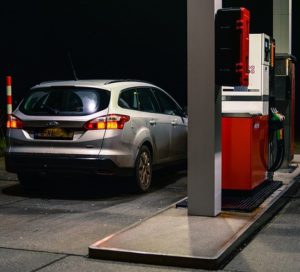
Petrol engines have been with us for a long time, and they use spark plugs to ignite the petrol which can be ignited with a match, as you have no doubt seen in countless movies. Petrol cars can have engine sizes anywhere from 550cc to 8.0 liter monstrosities. Trucks and buses have even larger engines, though in reality, diesels are better suited for that job.
Petrol engines can rev much higher, up to 11000 RPM in commercial passenger vehicles. Petrol has better emissions and it is often pushed as a better fuel for the planet, more often combined with an electric engine to make hybrid cars. Petrol engines often have turbochargers, but for petrol engines, that is a way to increase power and not make the engine run smoother.
The basics of petrol and diesel are simple to grasp so if you ever need a refresher course, here it is.

